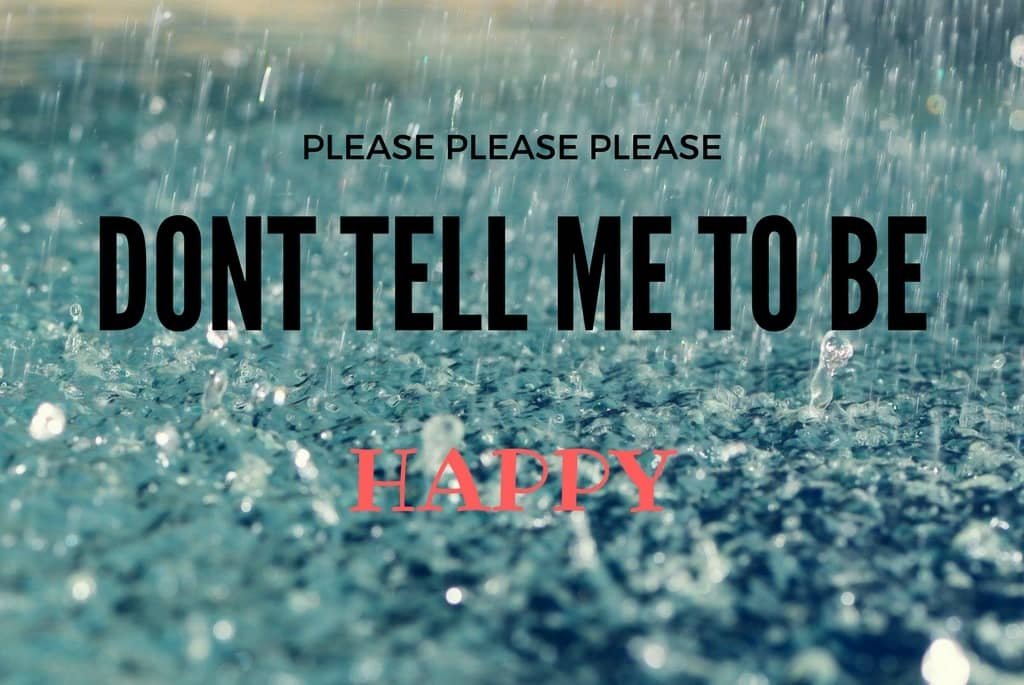
The Growing Pressure for Teens to Engage in Sexual Activity During the Early High School Years
One trend that came up clearly over the years is that many teenagers feel increasing pressure to engage in sexual activity earlier in their high school years. This pressure often comes from peers, sometimes friends, media, and/ or from a desire to meet perceived expectations from other people their age. While this can impact all teens, it’s especially challenging for young women, who may feel the weight of these pressures more strongly and often share with me that they “first time” was far from what they’d imagined.

When apologies are experienced as “too little, too late”
In her book The Drama of the Gifted Child, Alice Miller delves into the deep emotional wounds children can suffer when their emotional needs go unmet, especially when parents or caregivers fail to provide the emotional attunement and validation crucial during formative years. Miller points out that apologies from parents or caregivers—often offered long after the damage is done—can sometimes feel like "too little, too late."

Helping women in their 40s and 50s navigate midlife changes
Women in their 40s and 50s are often navigating a complex and transformative period in their lives. Midlife brings about significant physical changes, particularly during perimenopause, as well as emotional and cognitive shifts that can impact our overall well-being. The physical and emotional changes of perimenopause and menopause can take a toll on women’s well-being. From feeling confused and overwhelmed to, in some way, mourning the loss of the youth associated with their 20s and 30s, this period can be incredibly challenging. Periods of change such as this one provide a rich opportunity to reflect on one’s life and how we adjust and adapt to experiencing the physical and emotional changes that are part of life.

Unveiling Complex Trauma: Its Impact on Attachment Relationships and Healing
Complex trauma refers to a pattern of enduring psychological distress resulting from repeated and prolonged exposure to traumatic events or experiences that deeply affect an individual's sense of self, safety, and well-being. Unlike acute trauma, which often involves a single incident, complex trauma can stem from ongoing situations such as childhood abuse, neglect, or living in environments of chronic adversity and instability. While some forms of complex trauma could be more overt and sometimes more easily identifiable, complex trauma also encompasses a broader range of experiences that are often insidious and less visible. One example of complex trauma is being repeatedly invalidated or silenced, where an individual's thoughts, feelings, or experiences are dismissed, ignored, or invalidated by others. When we experience this treatment in our innermost circle it tends to lead to feelings of worthlessness, self-doubt, and powerlessness.

Understanding the complex grief of losing a loved one to suicide
Losing a loved one to suicide is a devastating and complex experience that leaves a lasting impact on those left behind. In my work as a psychologist, I have had the privilege of supporting patients who are grappling with the aftermath of this tragic loss. In this blog, I aim to further discuss the grieving process and the way in which therapy can support those who had endured this painful experience in their lives.

PLEASE PLEASE PLEASE Don’t tell me to be happy
Virtually all of us have been there at some point in our life.
It went something like this-- You were feeling sad, upset, anxious, or overwhelmed and upon noticing this a well-meaning family member or friend has innocently told you some variety of: “You know, you have X, Y, and Z, just be happy!”
